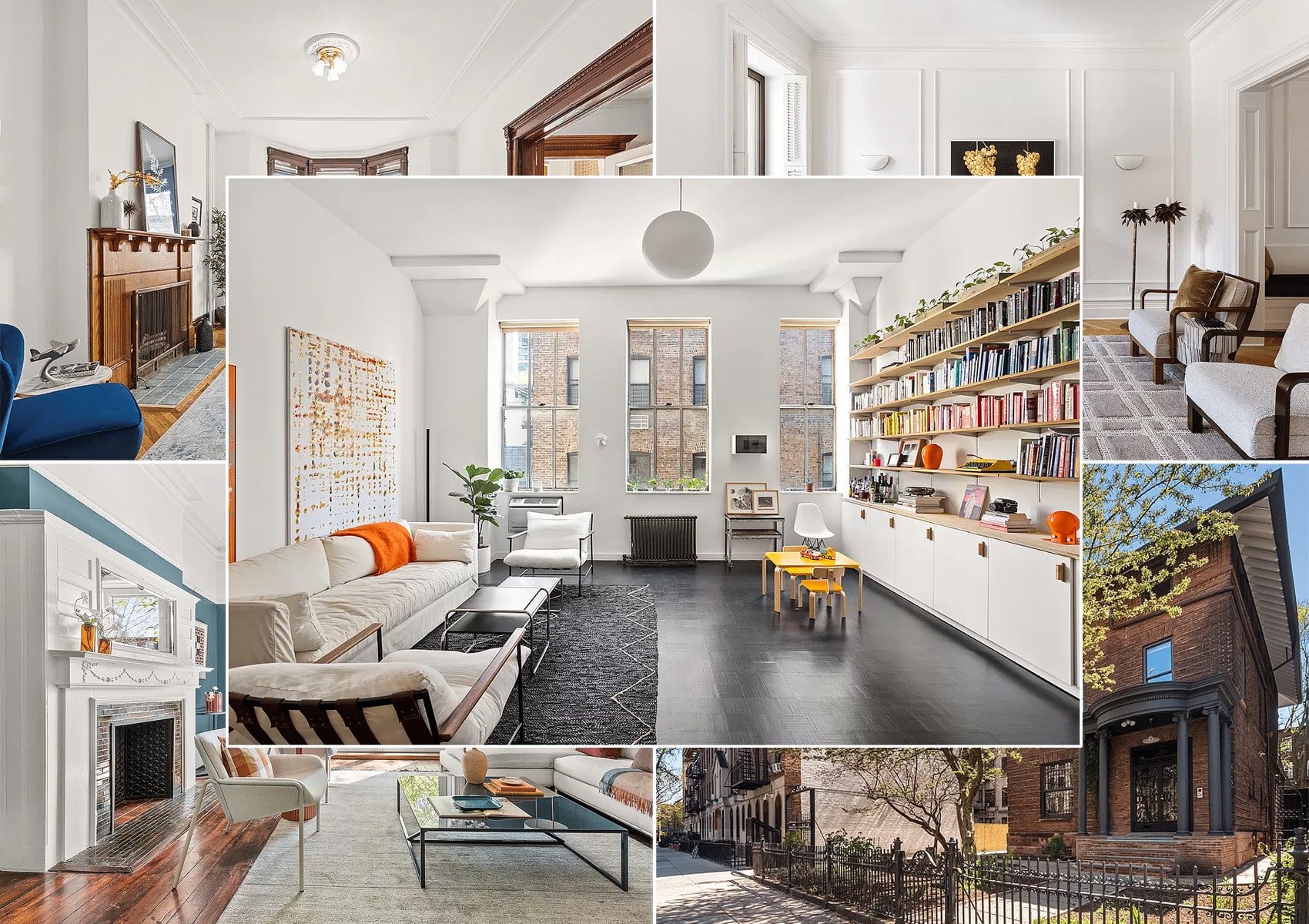When the Seller Also Writes the Mortgage
Bob Tedeschi wrote his Sunday Times column this week on the topic of seller financing, an activity that has been in relative hibernation as rates have been low and bank money plentiful in recent years. As the story points out, though, there was a time back in the 1970s and 1980s, when borrowing costs were…

Bob Tedeschi wrote his Sunday Times column this week on the topic of seller financing, an activity that has been in relative hibernation as rates have been low and bank money plentiful in recent years. As the story points out, though, there was a time back in the 1970s and 1980s, when borrowing costs were in the mid-teens, that seller financing was quite common–and often the only way to get a deal done. Lately, according the the National Association of Realtors, there has been renewed interest in seller financing. With prices still near historic highs despite a cooling market, sellers have been assuming a secondary position behind the traditional bank mortgage to bridge the downpayment gap that many buyers face. Seller financing is also common when one a property is changing hands between family members or a seller wants to spread out a large capital gain over time. Have any readers ever been on either side of a seller-financed deal? How did it work out?
When a Seller Finances the Sale [NY Times]
Photo from Rev Dan Catt









Seller financing can be a great thing. Years ago in Los Angeles, I bought a house that the seller financed. My mortgage rate was well under what a bank charged and I think I put down 10%. The deal was that I would pay the mortgage off after 7 years and get a new mortgage – but I wound up extending the deal for three years at a lower rate…the seller got a better rate than she would have with a CD and it was secured by the house. I paid far less than I would have with a conventional mortgage – and there weren’t any closing costs. A few years later, I loaned a partner the down payment on a town house we bought together – he paid me lower than mortgage rates but higher than what I could have gotten elsewhere. It worked out just fine. The main thing is, do you trust the person to pay off – but you’ve got pretty good leverage unless you overpay for the property.
A couple years ago I saw a nice old 8 family apt. building in Park Slope with 7 stabilized apts and one rent controlled. The total rent roll was under $6K. The seller wanted something like $1.5M. Since more than 4 apts means it has to be a commercial mortgage and commercial mortgages are based entirely on income it was an absolute non-starter at that multiple. Even the most flexible lender wanted us to put down at least $600K.
Figuring it was a pipe dream, I went back to the seller with a low offer contingent on his (a) carrying the mortgage and (b) accepting a downpayment of less than 20%. Turned out his tax situation made that good for him and we ended up with a much better mortgage, lower rate and lower down than even a residential mortgage would have provided. The only downside is that we agreed to a pretty severe 5-year no-ReFi clause – but since we took the mortgage through an LLC we could theoretically sell the LLC with the building, mortgage and all provided we get covered on our personal guarantys.
Anyway, I felt pretty smart at the time for suggesting it and it has worked out well. The guy seems to be living off our monthly payment and his risky and continued involvement gives him some incentive to call me back and answer my questions about oddball wiring and heating issues that come up.
Short of a suitcase closing with one of the cash-heavy locals, it seems like it was the only way for him to get anything close to his price and us to be able to carry this loser of a rent roll long enough to work the building.
Now I just wish the tenants were as flexible.
I had the seller finance a bridge loan for me long ago when I bought the apartment below my (then) current one so I could combine the two into a duplex. the bank wouldnt give me a loan on a second unit in the same coop, nor would they refinance for the whole (combined) price before the work was complete. the seller was reluctant but I offered him 40% down and an all interest loan payment for a year – when the work was done and the bank refinanced the whole thing, the seller was really bummed to lose the income. its actually a great deal for a seller to make bank money. I would do it if I had the oportunity.
I have negotiated owner financing on two deals on midsize buildings in greenpoint and williamsburg but in the end used bank financing on both. It was very helpful to have the option of using the owner finacing as a negotiating tool with the bank and if the bank does come through you can go back to the seller and ask for a possible price reduction.
I was offered some owner financing in 1986. I had 10%down payment for my house – and figured would be able to finance 90% from bank. But seller insisted on 80%financing figuring I wouldn’t be able to get it but would lend me the extra 10% ($24k) – at higher rate than bank – I think bank rate was about 13% then.
In the end , I borrowed 10% from my mother and did not use seller financing.